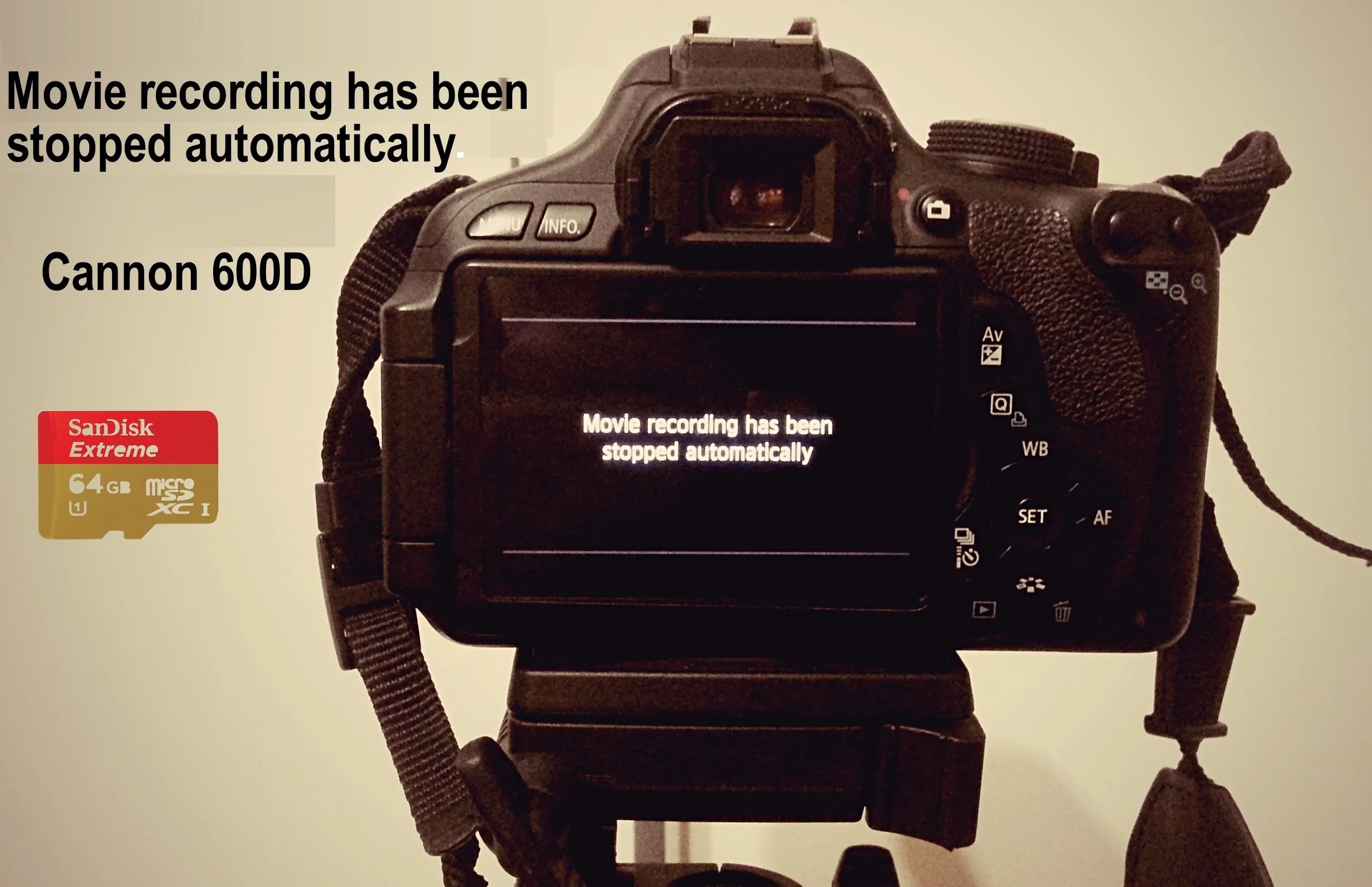
Gil Adam, a student of Industrial Design in Bezalel Academy of Arts and Design in Jerusalem, Israel, has created a 3:1 scale model of his favorite plastic camera, the Holga. While the camera is just a model (non-operational), it's pretty fun to see the oversized object next to Adam's face, and his dog.

Adam describes his process:
"To determine the scale I would work on, I started with searching for something to simulate the plasticy faux leather texture of the camera (on a larger scale). After a week of visiting every fabric and leather store I knew, and not finding the right texture, I finally found it in form of a textured wallpaper. The texture itself wasn't dramatically bigger then the original (about 2 times bigger), but i figured i could work on a scale of 3:1 without the texture looking too small.
After I had my scale, I started the actual fabrication of the model. First, I made measurements and computer drawings of the camera and its parts from all directions to help me understand how I would put it together. The next step was to build the basic shape of the camera (body front and back, top part with flash and viewfinder, lens base, lens barrel, side rails) which I fabricated from MDF which i sawed, glued, routed, milled, and sanded to the right shape and size. After i had the basics, I turned to making the plastic parts (lens, lens cone, back 12/16 plate, film advance wheel, tripod mount, buttons, and windows). These were made mostly on lathes (for circular parts) and mills. The most difficult parts to make were the side metal clips. which were made from stainless steel cut by laser to shape, pressed in an hydraulic press with a template for the two bulging strips on it, and finally folded.

The text on the front of the lens was printed in a 3d printer and glued to the front of the lens barrel. After I had all the parts, I moved on to the paint job. All parts to be painted received a coat of primer and then went on to be painted the right color and texture (either grainy black, matte black, or glossy black). The last part was to put together all the pieces, which was done with some screws and various glues. A few finishing touches and labels (printed on matte photo paper and glued to the model) and I was done!
What I described here, relatively briefly, took me about a month and a half of work, endless hours of sweat and frustration, and not a small amount of money, but I think the final outcome was totally worth it. I now have a huge model of my favorite camera!"





Comments
No Comments Exist
Be the first, drop a comment!